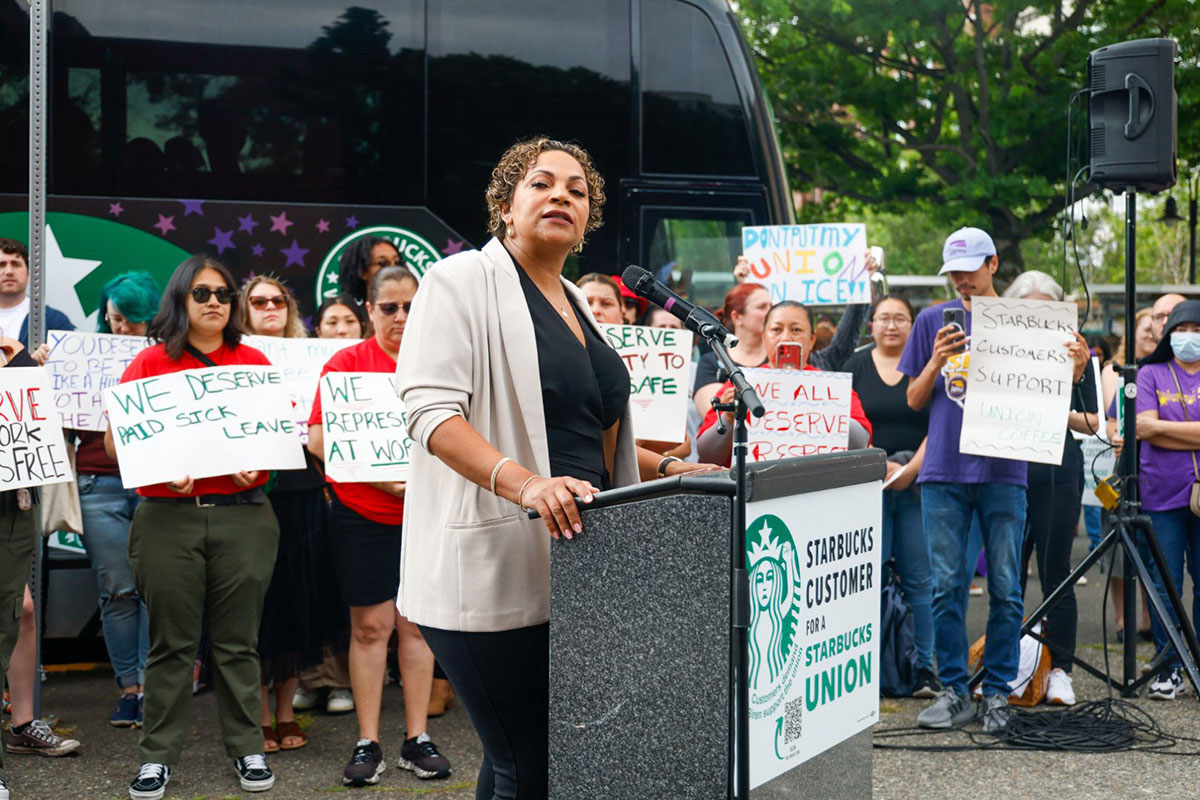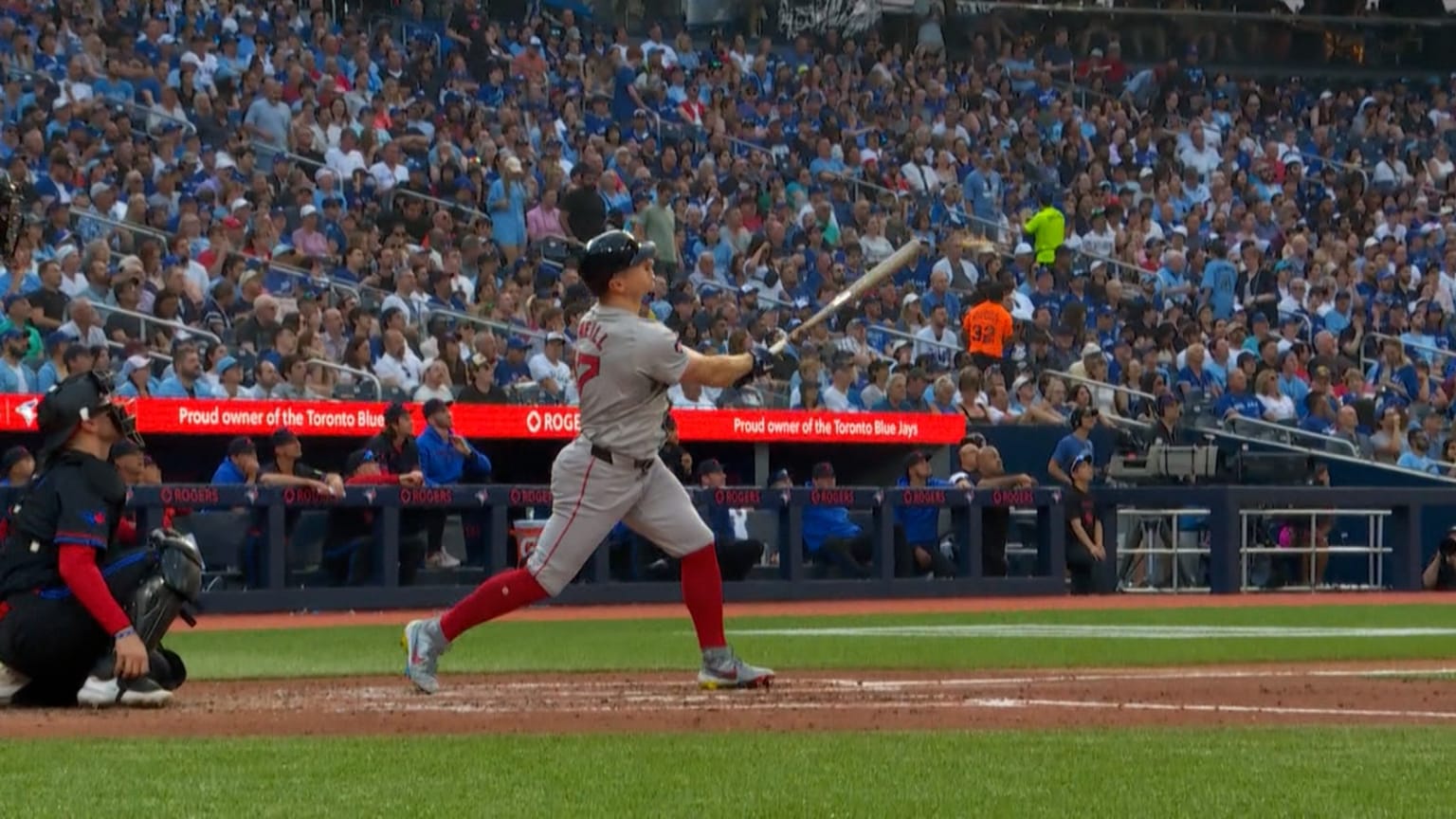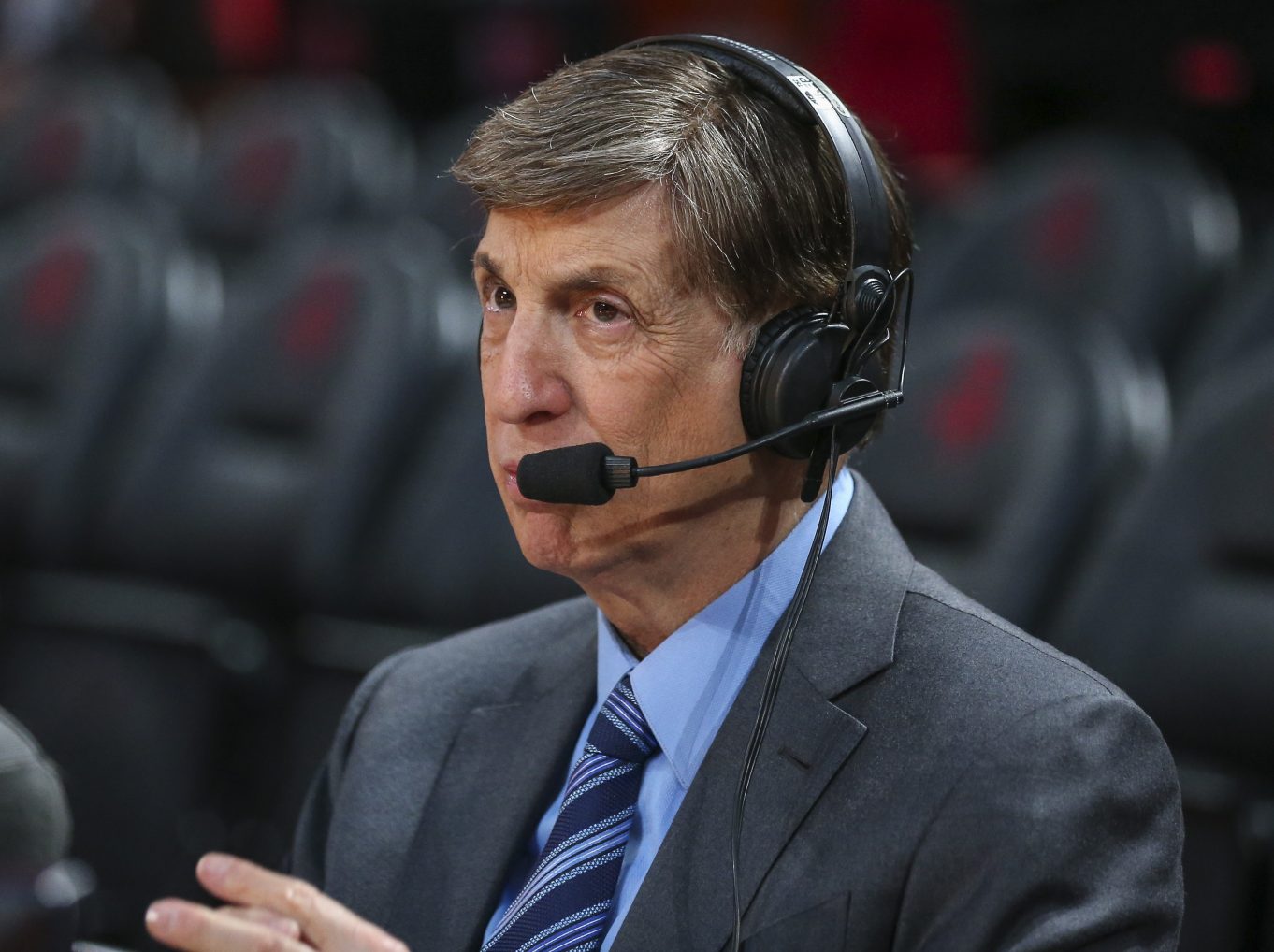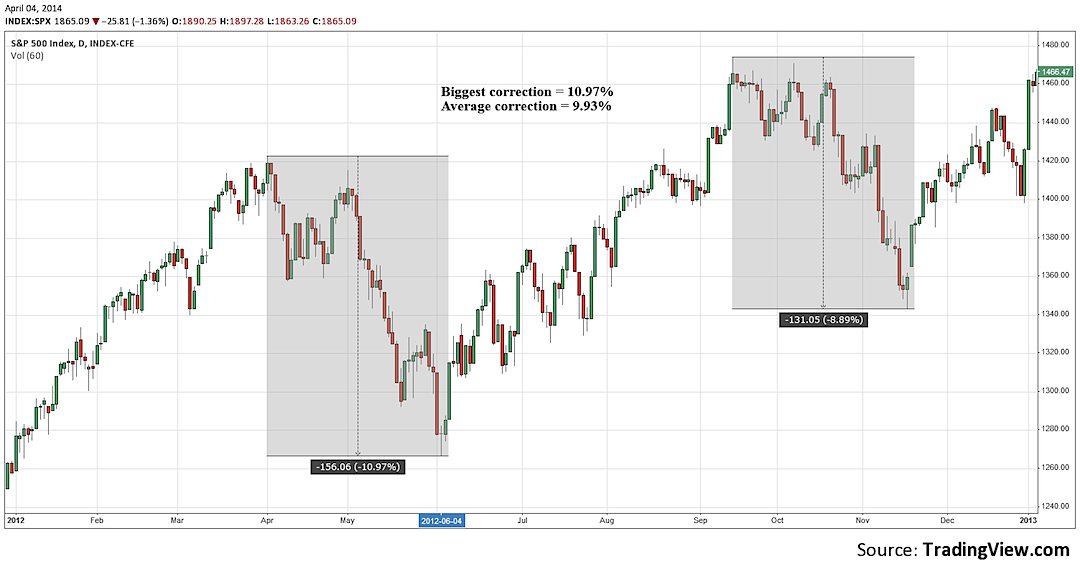Starbucks Union Rejects Company's Proposed Wage Increase

Table of Contents
Reasons Behind the Union's Rejection of Starbucks' Wage Offer
The Starbucks union's rejection of Starbucks' wage offer wasn't a knee-jerk reaction; it stemmed from several key concerns regarding insufficient compensation and benefits. The proposed increase, while presented as a significant step by Starbucks, simply didn't meet the union's expectations or address the realities faced by their members.
-
Insufficient Wage Increase: The core issue was the perceived inadequacy of the proposed wage increase in the face of soaring inflation and the increasing cost of living. Many baristas felt the offer failed to meaningfully improve their financial situation. The union argued that a larger increase was necessary to maintain a reasonable standard of living, especially in high-cost areas where many Starbucks stores are located.
-
Increased Workload and Responsibilities: The union also pointed to the substantial increase in workload and responsibilities placed on Starbucks workers in recent years, arguing that the proposed wage increase didn't adequately reflect this. Longer hours, increased customer demands, and the added complexities of managing new technologies all contributed to the feeling that the compensation wasn't commensurate with their efforts.
-
Inadequate Benefits: Concerns were also raised regarding inadequate benefits, especially healthcare coverage. The union argued that the current healthcare plan was insufficient and left many workers with unacceptably high out-of-pocket costs. This, combined with other benefits perceived as lacking, further fueled the rejection.
-
Lack of Transparency and Unmet Demands: A significant factor in the union's decision was the perceived lack of transparency in the negotiation process and the failure of the Starbucks wage offer to meet their core demands. The union felt that Starbucks wasn't negotiating in good faith and that their concerns were being disregarded. This lack of trust significantly hampered the negotiation process.
The Impact on Starbucks Workers and the Labor Movement
The Starbucks union's rejection of the wage increase has far-reaching implications for Starbucks workers and the broader labor movement. The consequences could be substantial and long-lasting.
-
Worker Morale and Employee Retention: The rejection could significantly impact worker morale, leading to decreased job satisfaction and potentially higher employee turnover. Workers may feel undervalued and unsupported, leading to decreased productivity and increased stress.
-
Union Solidarity and Emboldened Action: The rejection could embolden other Starbucks unions currently in negotiations or planning to organize. Seeing the success of this union in rejecting an inadequate offer may encourage others to stand firm in their demands. This could lead to a more unified and assertive labor movement within the company.
-
Potential for Strike Action: The possibility of further strike action or other forms of industrial action remains a significant concern. If negotiations continue to stall, workers may feel they have no other option than to escalate their actions to pressure Starbucks into meeting their demands.
-
Challenges in Securing Fair Wages and Benefits: The rejection highlights the persistent challenges faced by unions in securing fair wages and benefits for workers in a challenging economic climate. It underscores the power imbalance between corporations and organized labor and the difficulties unions face in achieving meaningful change.
Starbucks' Response and Future Negotiation Strategies
Starbucks' response to the union's rejection will be crucial in determining the future course of negotiations. The company's statement, its chosen negotiation tactics, and its public relations strategy will all significantly shape public perception and the course of future discussions.
-
Company Statement: A carefully crafted response is needed to address the union's concerns and to demonstrate a willingness to negotiate in good faith. Ignoring the issues or issuing a dismissive statement would likely further escalate the situation.
-
Negotiation Tactics: Starbucks may need to reassess its negotiation tactics and adopt a more collaborative approach. Compromise and a willingness to address the union's concerns will be essential to achieving a resolution.
-
Public Relations: Starbucks' public image is at stake. The company's public relations efforts will be crucial in shaping public opinion and mitigating potential damage to its brand reputation.
-
Likelihood of Compromise: The likelihood of future compromises and agreements depends heavily on Starbucks' willingness to address the union's core concerns regarding wages, benefits, and working conditions. Genuine attempts at compromise are needed to prevent further escalation.
The Broader Implications for the Coffee Industry
The Starbucks union's actions have ripple effects that extend beyond a single company, impacting industry standards, unionization trends, and the labor market as a whole.
-
Industry Standards: The outcome of these negotiations could significantly influence wage and benefit standards across the coffee industry. A successful union negotiation could pressure other coffee chains to improve their compensation and benefits packages to remain competitive.
-
Unionization Trends: The ongoing Starbucks unionization efforts could inspire similar movements in other coffee chains. Workers at competing companies may be emboldened to organize and demand better working conditions and compensation.
-
Labor Market Dynamics: The Starbucks labor dispute highlights the growing tension between employers and employees in the current labor market. It reflects broader trends of worker dissatisfaction, increasing unionization efforts, and a growing demand for fair wages and benefits.
Conclusion
The Starbucks union's rejection of the company's proposed wage increase signifies a significant turning point in the ongoing labor dispute. The reasons behind the rejection, ranging from insufficient wages to inadequate benefits, underscore the challenges faced by workers in negotiating fair compensation. This decision holds significant implications for worker morale, future negotiations, and the broader labor movement within the coffee industry. The impact of this decision on other coffee chains and the overall labor landscape remains to be seen.
Call to Action: Stay informed on the evolving situation surrounding the Starbucks union and their fight for fair wages. Follow this space for updates on the Starbucks wage increase negotiations and the future of labor relations at Starbucks. Understanding the issues surrounding the Starbucks union’s fight will help you comprehend the complexities of labor negotiations and the ongoing struggle for fair wages in the modern workplace.

Featured Posts
-
 Potential Replacements For Tyler O Neill On The 2025 Red Sox Roster
Apr 28, 2025
Potential Replacements For Tyler O Neill On The 2025 Red Sox Roster
Apr 28, 2025 -
 Musks X Debt Sale A Deep Dive Into The New Financial Landscape
Apr 28, 2025
Musks X Debt Sale A Deep Dive Into The New Financial Landscape
Apr 28, 2025 -
 Ftcs Appeal Challenges Microsofts Activision Blizzard Acquisition
Apr 28, 2025
Ftcs Appeal Challenges Microsofts Activision Blizzard Acquisition
Apr 28, 2025 -
 Mike Breen On Marv Albert A Discussion On The Greatest Basketball Announcer
Apr 28, 2025
Mike Breen On Marv Albert A Discussion On The Greatest Basketball Announcer
Apr 28, 2025 -
 The Recent Market Correction Who Sold And Who Bought
Apr 28, 2025
The Recent Market Correction Who Sold And Who Bought
Apr 28, 2025
Latest Posts
-
 New York Yankees Aaron Judge Becomes A Father
Apr 28, 2025
New York Yankees Aaron Judge Becomes A Father
Apr 28, 2025 -
 Aaron Judge And Wife Welcome First Child
Apr 28, 2025
Aaron Judge And Wife Welcome First Child
Apr 28, 2025 -
 Espns Moving Tribute To Departing Anchor Cassidy Hubbarth
Apr 28, 2025
Espns Moving Tribute To Departing Anchor Cassidy Hubbarth
Apr 28, 2025 -
 Cassidy Hubbarths Final Espn Broadcast A Touching Tribute
Apr 28, 2025
Cassidy Hubbarths Final Espn Broadcast A Touching Tribute
Apr 28, 2025 -
 Emotional Goodbye Espn Bids Farewell To Cassidy Hubbarth
Apr 28, 2025
Emotional Goodbye Espn Bids Farewell To Cassidy Hubbarth
Apr 28, 2025
